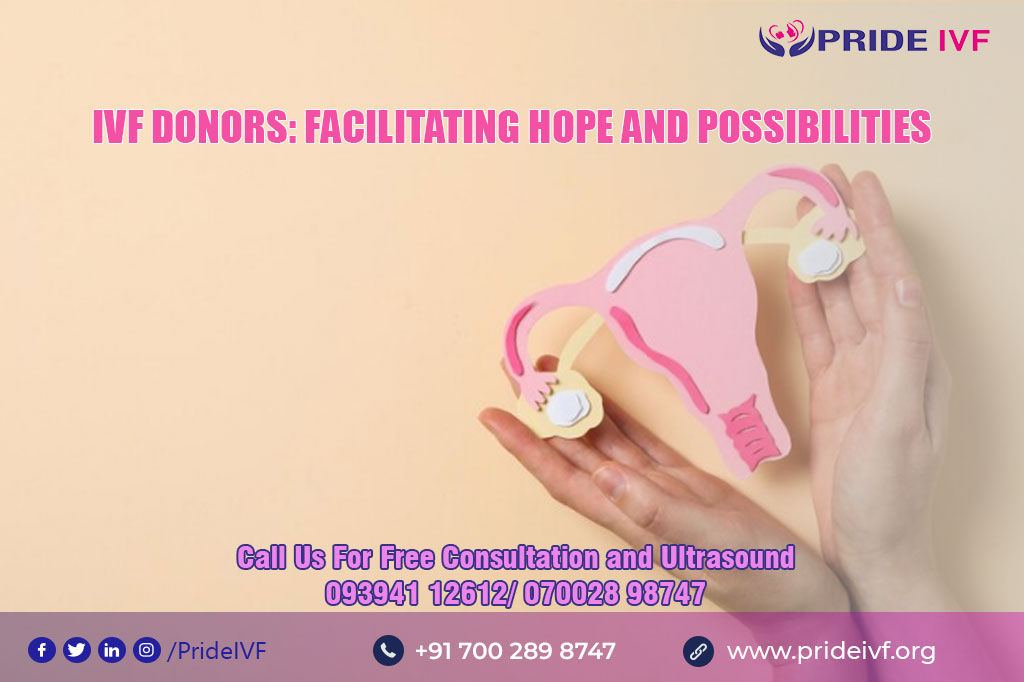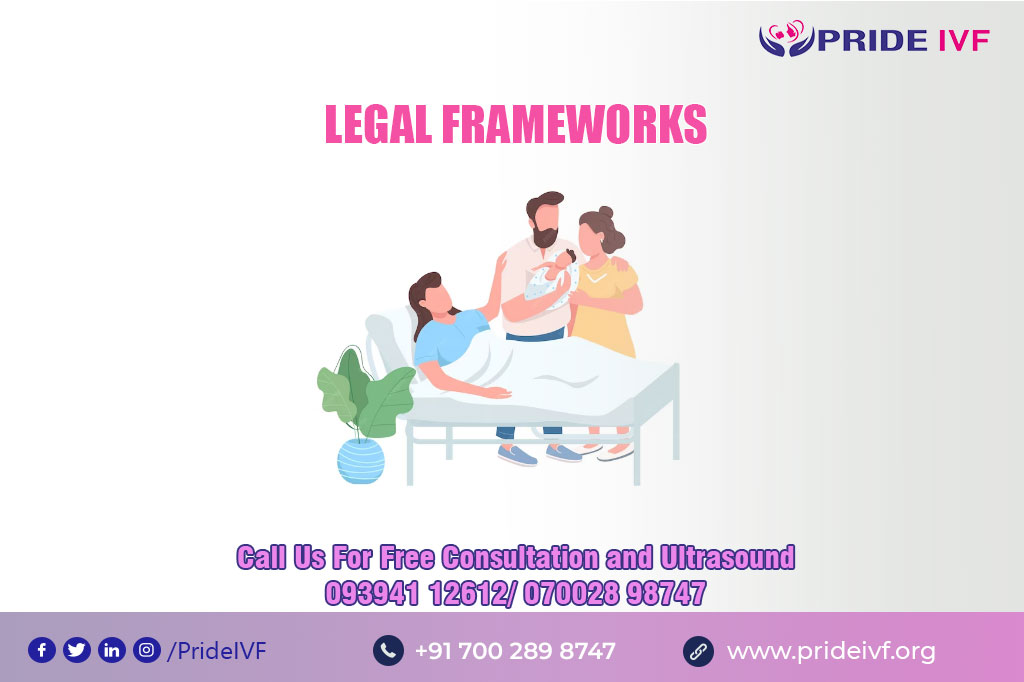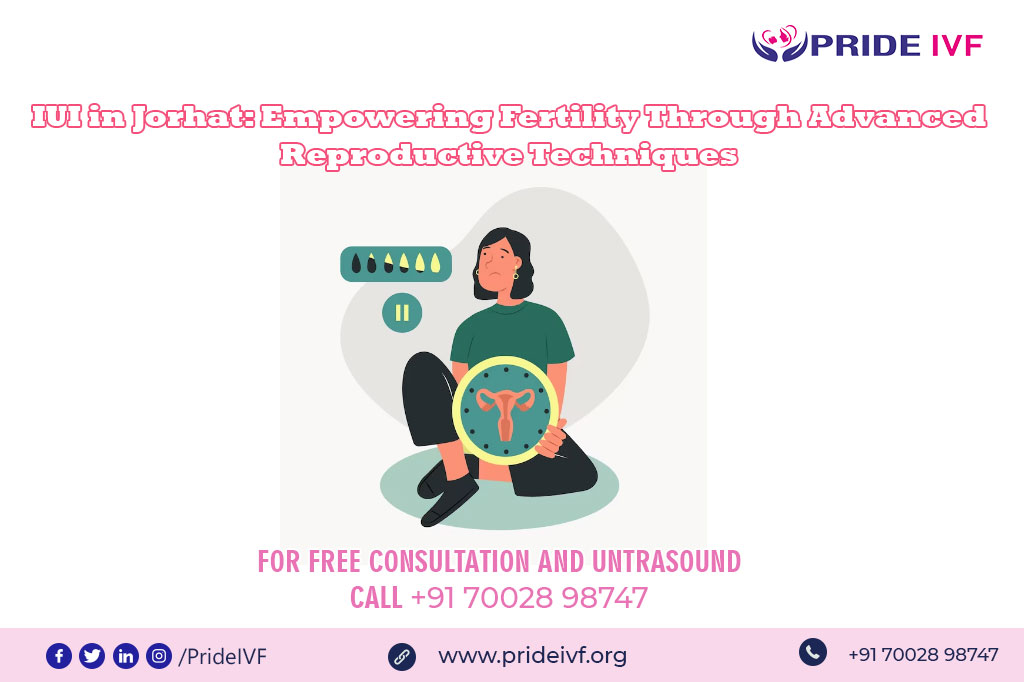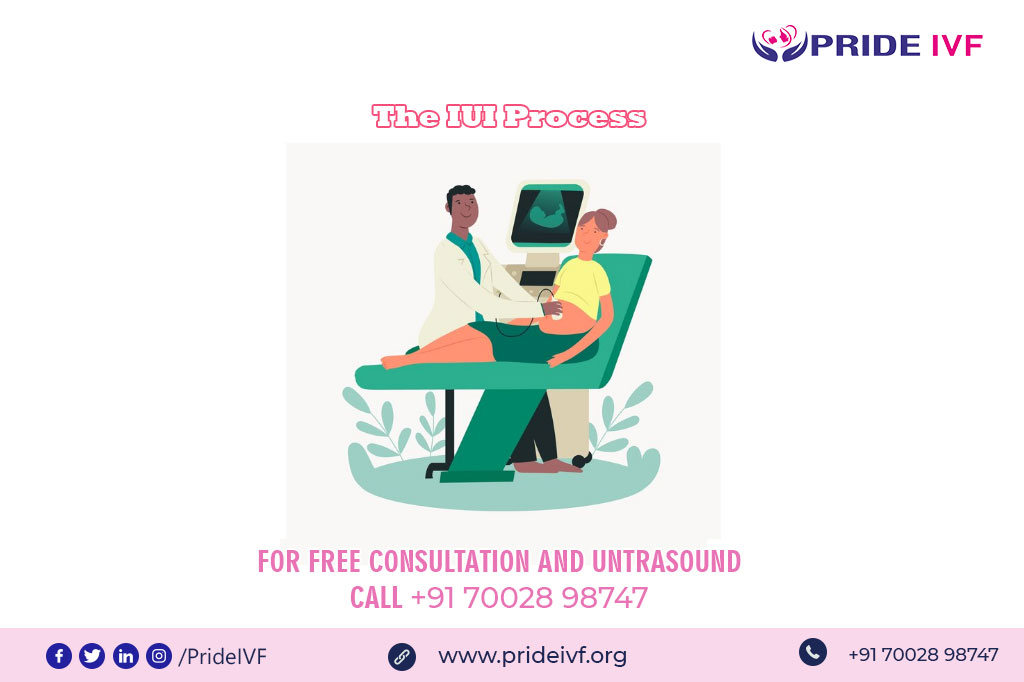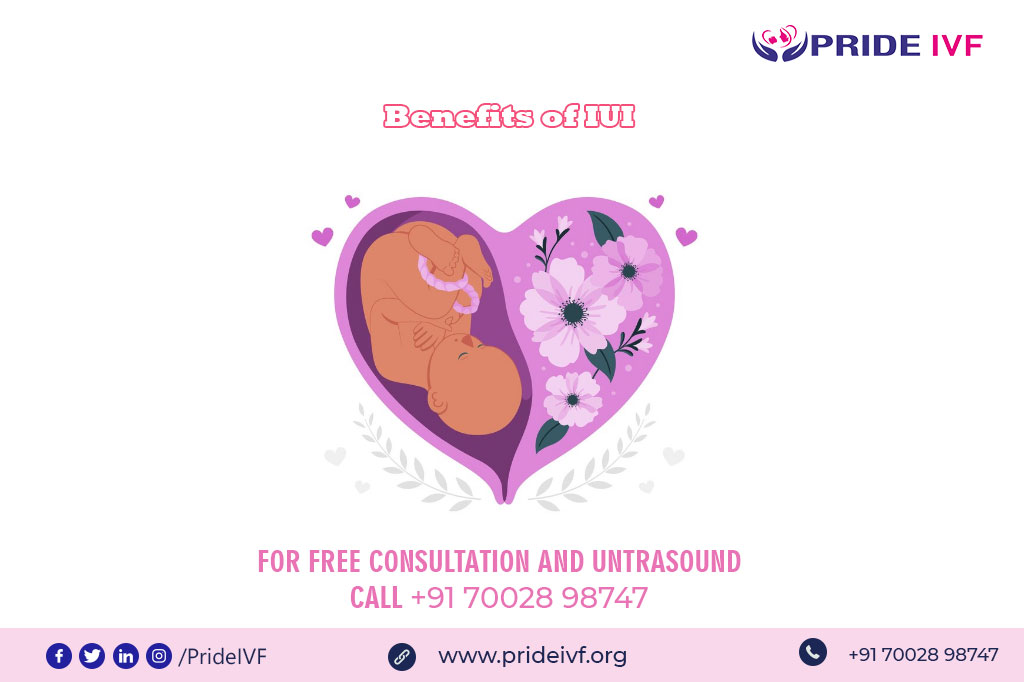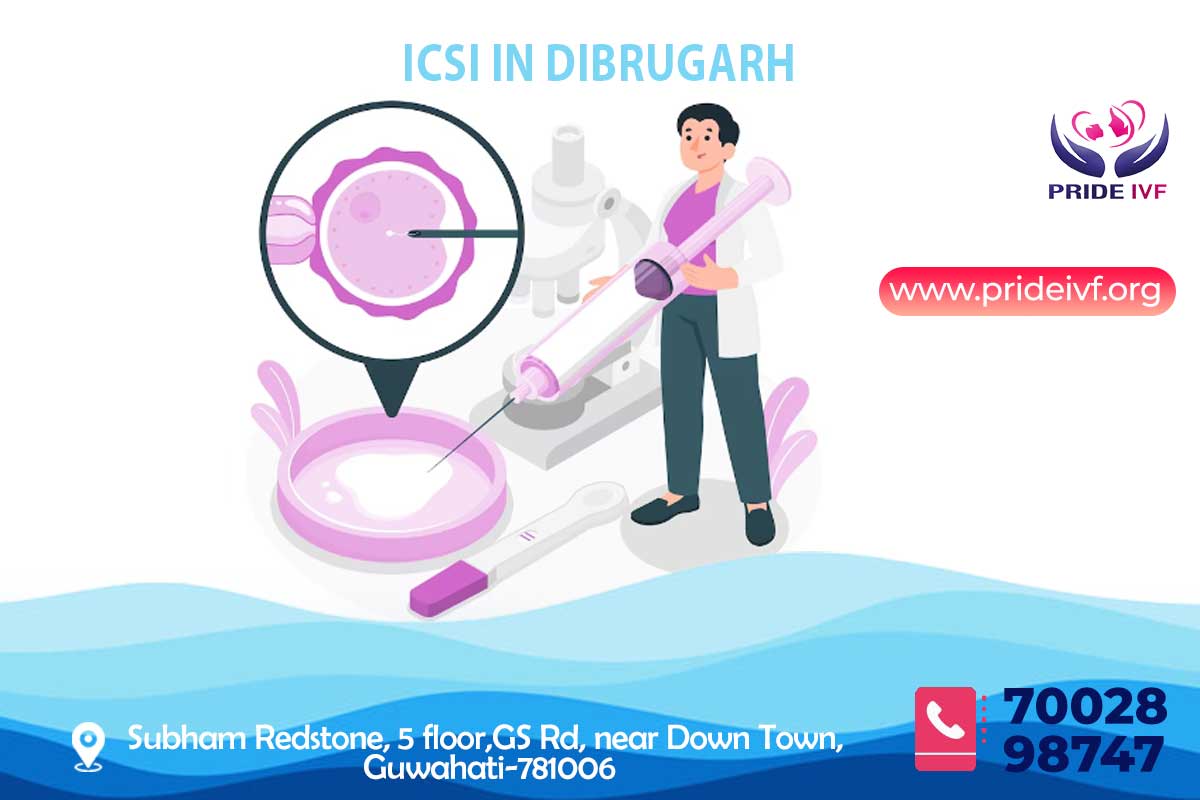In vitro fertilization (IVF) has provided countless individuals and couples with the opportunity to fulfil their dreams of starting or expanding their families. For some, however, achieving success in IVF may require the use of donated gametes (eggs or sperm) from a third-party donor.
IVF donors are individuals who generously contribute their gametes (eggs or sperm) to assist others in achieving pregnancy and parenthood. They play a crucial role in the assisted reproductive process, enabling individuals and couples with fertility challenges to have a chance at conceiving a child. Donors can be anonymous or known, and their participation is entirely voluntary.
- Voluntary Participation: IVF donors choose to participate voluntarily, motivated by a desire to help individuals and couples facing infertility to fulfil their dreams of parenthood.
- Screening and Selection: Donors undergo thorough screening processes, including medical, genetic, and psychological evaluations, to ensure their suitability for donation. This helps to safeguard the health and well-being of all parties involved.
- Anonymity vs. Identity Disclosure: The question of donor anonymity varies across jurisdictions. Some countries allow anonymous donation, while others require identifiable donors. The decision regarding anonymity or identity disclosure may have ethical, legal, and emotional implications for the donor, intended parents, and donor-conceived children.
- Informed Consent: Donors provide informed consent before participating in the donation process. They receive comprehensive information about the procedure, potential risks, legal implications, and their rights and responsibilities as donors.
- Confidentiality and Privacy: Donors’ confidentiality and privacy are highly regarded throughout the donation process. Their personal information, medical records, and identity are kept confidential, ensuring their privacy is protected.
- Compensation: Donors may receive financial compensation for their time, effort, and any potential expenses incurred during the donation process. The specific amount and nature of compensation can vary depending on legal and ethical guidelines in different jurisdictions.
- Emotional Considerations: Donors may have their own emotional journey throughout the donation process. They may experience a range of emotions, including pride, altruism, and personal reflections on their own fertility and future family-building choices. Providing appropriate counselling and support is important to address their emotional well-being.
- Ongoing Health Monitoring: Donors may be required to undergo regular health check-ups and screenings to monitor their well-being after donation. This ensures their ongoing health and helps identify any potential long-term effects related to the donation process.
- Impact on Future Family Building: Donors may have implications to consider regarding their own future family-building plans, including the possibility of having biological children who are genetically related to their donor-conceived offspring.
- Legal and Ethical Guidelines: IVF donation is subject to legal and ethical guidelines that vary across countries and jurisdictions. These guidelines aim to protect the rights and well-being of all parties involved, while also ensuring transparency and fairness in the donation process.
These points highlight various aspects of IVF donors and the considerations surrounding their involvement in assisted reproduction. The field continues to evolve, guided by ethical principles and legal frameworks to ensure the well-being of donors, intended parents, and donor-conceived children.
IVF Donation Process:
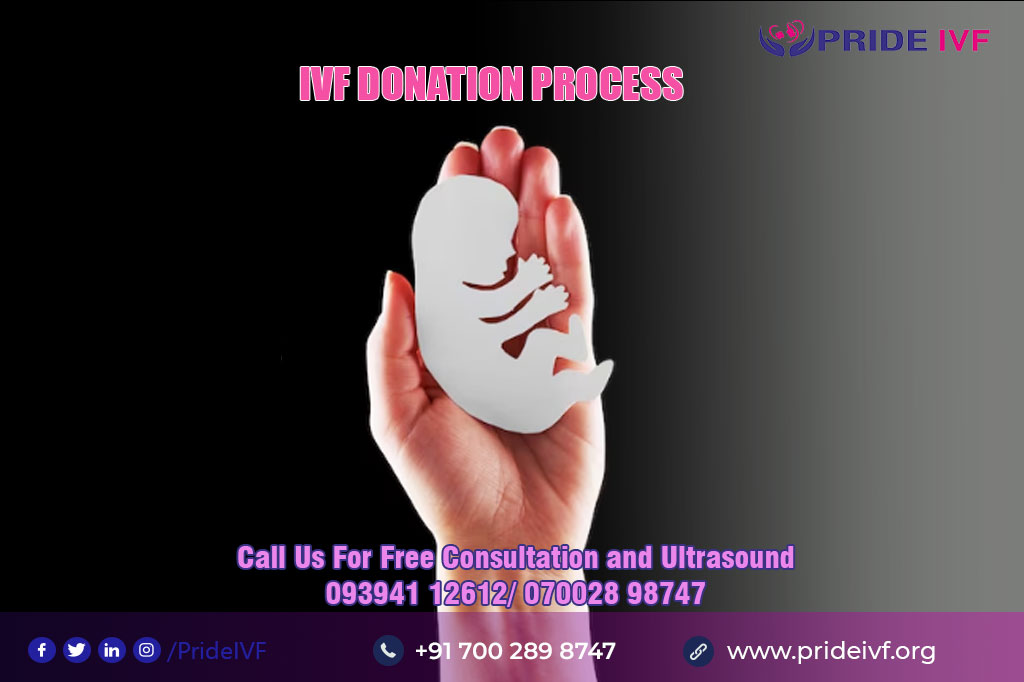
The process of IVF donation involves careful screening, counselling, and medical procedures to ensure the suitability and safety of the donor and to maximize the chances of successful conception for the intended parents. The steps may vary depending on the country and clinic, but typically involve the following:
- Donor Recruitment: IVF clinics collaborate with reputable donor recruitment agencies or maintain their own databases to identify potential donors. Donors may come forward voluntarily or be recruited based on specific criteria such as age, physical health, and reproductive history.
- Screening and Evaluation: Donors undergo a comprehensive screening process that includes medical, genetic, and psychological evaluations. This ensures that they are in good health, free from genetic disorders, and mentally prepared for the emotional aspects of donation. Medical evaluation may include a thorough medical history review, physical examination, and blood tests to assess hormone levels, infectious diseases, and overall health. Genetic screening is performed to rule out the presence of genetic disorders or chromosomal abnormalities. Psychological evaluation aims to assess the donor’s mental and emotional readiness to undergo the donation process and the potential impact on their well-being.
- Informed Consent and Counselling: Donors receive detailed information about the donation process, legal implications, and any potential risks involved. They are given the opportunity to ask questions and receive counselling to ensure they fully understand the implications of their decision.
- Stimulation and Egg/Sperm Retrieval: Female donors undergo ovarian stimulation using hormonal medications to produce multiple eggs. The eggs are then retrieved through a minimally invasive procedure known as transvaginal ultrasound-guided follicle aspiration. Male donors provide a sperm sample through masturbation.
- Fertilization and Embryo Transfer: The retrieved eggs are fertilized with the intended father’s sperm or a donor’s sperm through in vitro fertilization. The resulting embryos are cultured in a laboratory for a few days, and one or more embryos are transferred into the uterus of the intended mother or a gestational carrier.
Impacts and Ethical Considerations:
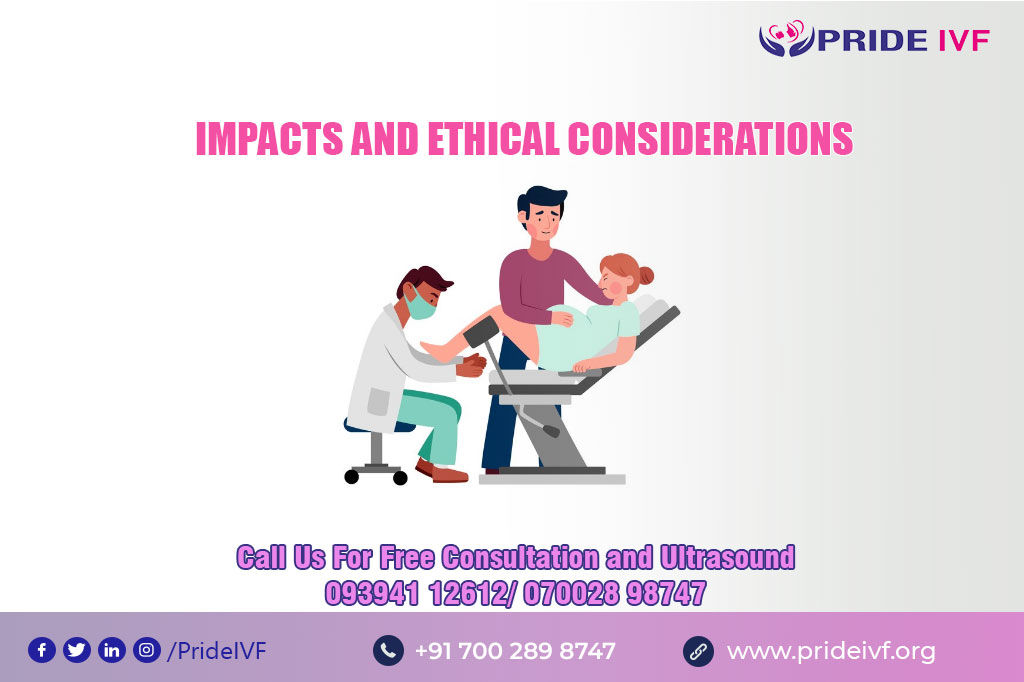
IVF donors have a profound impact on the lives of intended parents, offering them hope, possibilities, and the chance to experience the joys of parenthood. Donor-conceived children may also benefit from the knowledge of their genetic heritage as they grow and develop.
Ethical considerations surrounding IVF donation include issues of anonymity, disclosure to offspring, and compensation for donors. Different countries have varying regulations regarding these aspects. Some jurisdictions allow for anonymous donation, while others require identifiable donors to facilitate the possibility of future contact between donor-conceived individuals and their genetic origins.
IVF donors play an invaluable role in assisted reproduction, providing individuals and couples with the opportunity to overcome infertility and fulfil their dreams of parenthood. Through their selfless contributions, they offer hope, possibilities, and the gift of life to those struggling with fertility challenges. The donation process involves careful screening, counselling, and medical procedures to ensure the safety and well-being of all parties involved. Ethical considerations surrounding donor anonymity and disclosure continue to shape the landscape of IVF donation. Ultimately, IVF donors are catalysts of hope and agents of change, making a profound impact on the lives of hopeful parents and shaping the future of assisted reproductive technologies.

